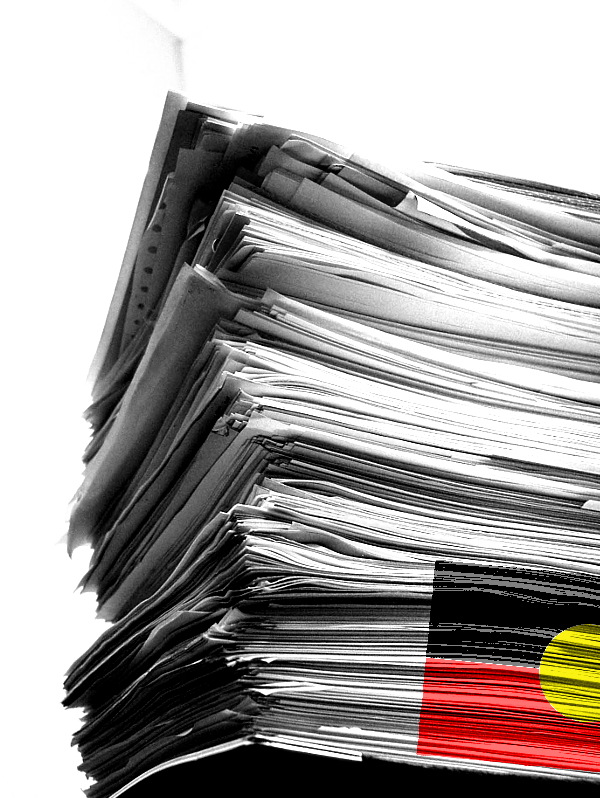Imbalance behind big health gaps
 A leading global health figure says that to fix the gaps in our medical system, we must close the larger gaps in society.
A leading global health figure says that to fix the gaps in our medical system, we must close the larger gaps in society.
Indigenous life expectancy is 10 years shorter than the overall Australian life expectancy. Overseas, there are life expectancy gaps within countries of up to 20 years, and up to 30 years from one country to another.
Sir Michael Marmot, the president of the World Medical Association, says no nation including Australia can proclaim itself to be egalitarian with such woeful disparities still standing.
“We have the knowledge and the means to improve people's lives and reduce health inequality,” he said at his ABC Boyer Lecture on Friday.
“Before we look at what can happen at the local level to improve lives, we need to wipe our eyes and have a sober look at what needs to happen at national level with economic policy.
“The question is: what do we have in our hearts? Do we have the will to close the gap in a generation?”
Sir Michael compared problems in Australian system with those in the US and the UK, whose financial sectors he described as “dancing to the tune of deregulation and self-interest”.
“In the UK, real incomes have not recovered their pre-crash level,” he said.
“I was struck that in Australia, which escaped the worst of the GFC, the same language was being employed for reductions in public spending, slimming down and contracting out of public services, and depriving Aboriginal communities of much-needed investment.
“We are returning to the patrimonial capitalism of the 19th century with extremes of wealth inequality.
“Since the mid-1970s, real earnings for the top 10th have risen by 59 per cent, while for the bottom 10th, they have risen by just 15 per cent.
“This inequality ... threatens the very nature of our society,” Sir Michael said.
He noted that Australian capital has been growing faster than Australian income since 1980, creating a gap in wealth as well as income.
“The ratio of wealth to national income has risen from three times to four and a half times,” Sir Michael said.
That means that for the average Australian, there has been a shift from earning money through work, to depending on those who own capital instead.
“This has relevance not only to the most disempowered — the Indigenous population — but to all wage earners,” he said.
“The egalitarian dream is under threat.”
Sir Michael said that inequality limits the next generation.
“Rich parents have children who become rich; poor parents have children who become poor.
“Extremes of inequality are seen to work in the interest of the few, and are inconsistent with a functioning democracy. It just isn't fair: their kids have a chance and mine don't.”







 Print
Print